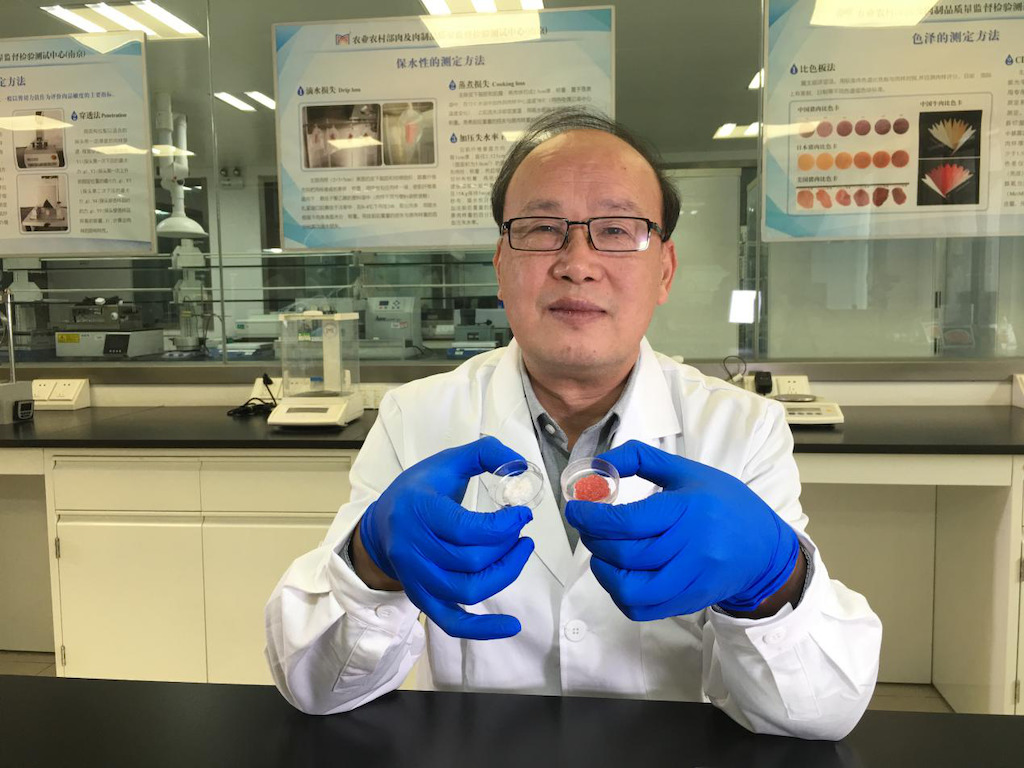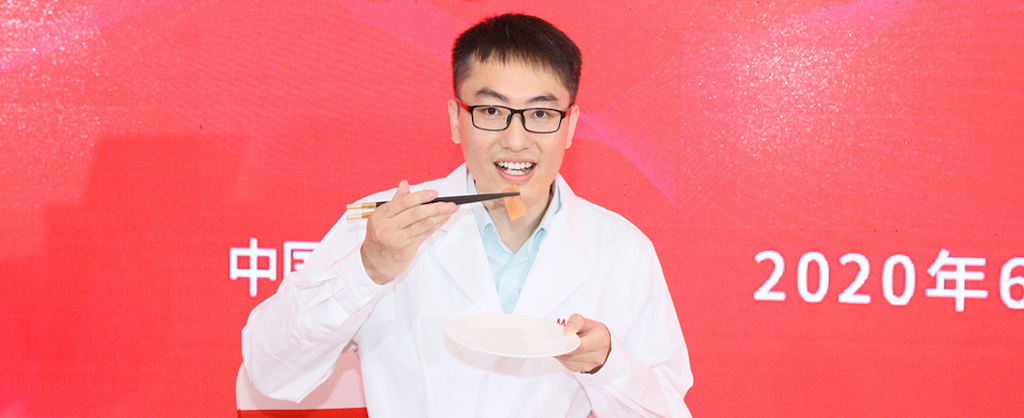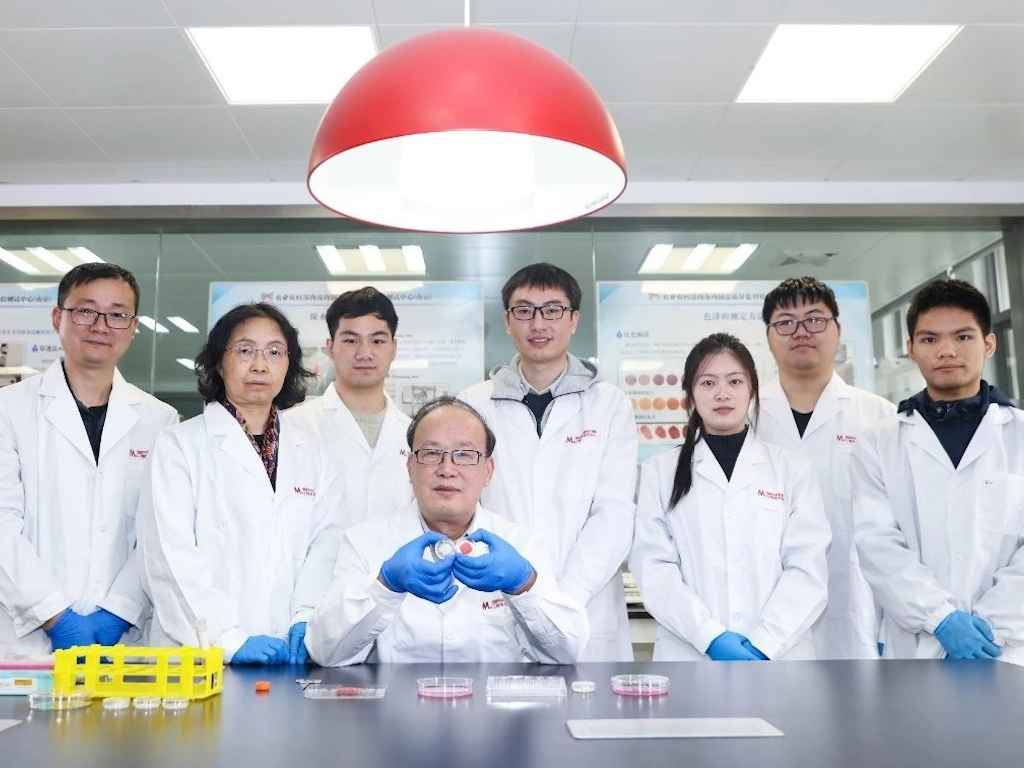4 Mins Read
Joes Future Food, the first food tech in China to produce cell-based meat, has secured 70 million RMB (US$10.9 million) in its Series A round. Proceeds will go towards ongoing R&D, scaling its technology, and to build its first pilot production line for cultivated pork.
Joes Future Food has raised 70 million RMB (US$10.9 million) in its Series A funding round led by Asia-focused private equity firm Hillhouse Capital, Matrix Partners China, Crystal Stream, and Nanjing Innovation Capital Group. It follows the Nanjing-based startup’s $3 million round in January this year, backed by Matrix.
Scaling up cultivated pork

Joes Future Food says that the financing will help it accelerate R&D ahead of building its first pilot production site to manufacture its cell-cultured pork product. It will also use the funding to scale and reduce costs, with the view to becoming the first in China to offer cell-based pork to consumers.
The company became the first in China to debut a prototype of cell-based meat back in 2019. Its cultivated minced pork, created without FBS serum, was developed by a team of scientists at Nanjing Agricultural University (NAU), led by Professor Zhou Guanghong.
Commenting on the round, Zhou said in a translated statement: “We will further strengthen our team, invest in R&D, and speed up our plans to commercialise, in order to bring cell-based meats to Chinese consumers’ tables and provide them with healthier, safer and low-carbon meat options.”

Leading the cell-based meat industry in China
Matrix Partners’ Zuo Lingye shared that Joes Future Food is poised to become the “first domestic company with complete R&D capabilities to make breakthroughs and commercialise cell-based meat in China in the future.”
“We are pleased to have been the company’s only angel round investor and to continue our support in this Series A,” he added. “We look forward to seeing the firm’s continued leadership in the Chinese cell-based meat industry.”
Fellow investor Li Liang of Hillhouse Capital made similar remarks, saying it chose to back Joes Future Food because it has pioneered the sector in China. “It is the first domestic food tech to focus on cell-based meat in China. They have been conducting stem cell research since 2009, and managed to make key breakthroughs in recent years.”
“Joes Future Food will now continue developing its serum-free culture media, and strive to lower costs to enable large-scale mass production of cell-based meat for the Chinese population in the future,” Li continued. “The field of cultivated meat is of great importance to China and the world’s food system, in order to tackle climate change and move towards a carbon-neutral economy. We’re pleased to be able to support Joes Future Food on its journey.”
Will Chinese consumers bite?

At the moment, Singapore remains the only country to have given its approval to sell cultured meat on the market, but regulatory developments are underway globally, especially in Israel, the US, and Qatar.
The Chinese government has shown some support for the sector, especially in light of Covid-related supply chain disruptions and the country’s battle with livestock diseases such as African swine fever. The outbreak last year wiped out around a quarter of the world’s pig herds, causing serious price swings for China, which consumes half of the world’s pork.
The question of whether Chinese consumers will be open to trying cultivated meat, however, will depend on whether producers are able to successfully communicate the health and food security benefits of the product.
One study conducted among Chinese shoppers found around 70% were willing to try cultured meat, with the main motivators being food safety and the appeal of being a “high-tech” innovation, while environmental and ethical reasons were lower on their list of priorities.
All images courtesy of Joes Future Food.




